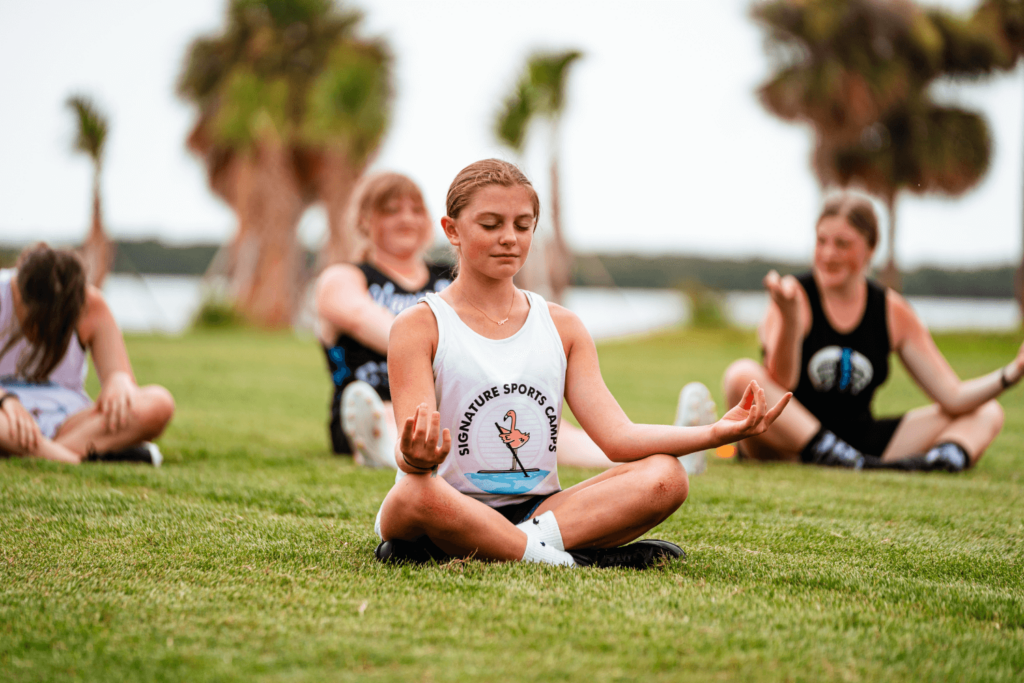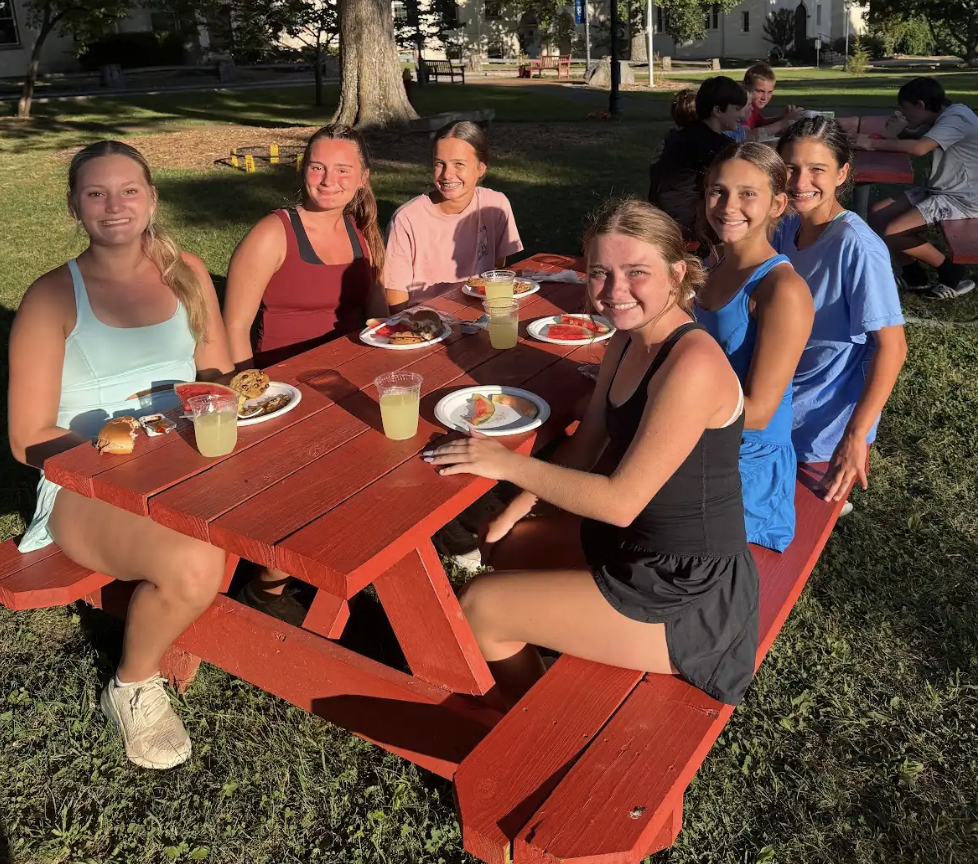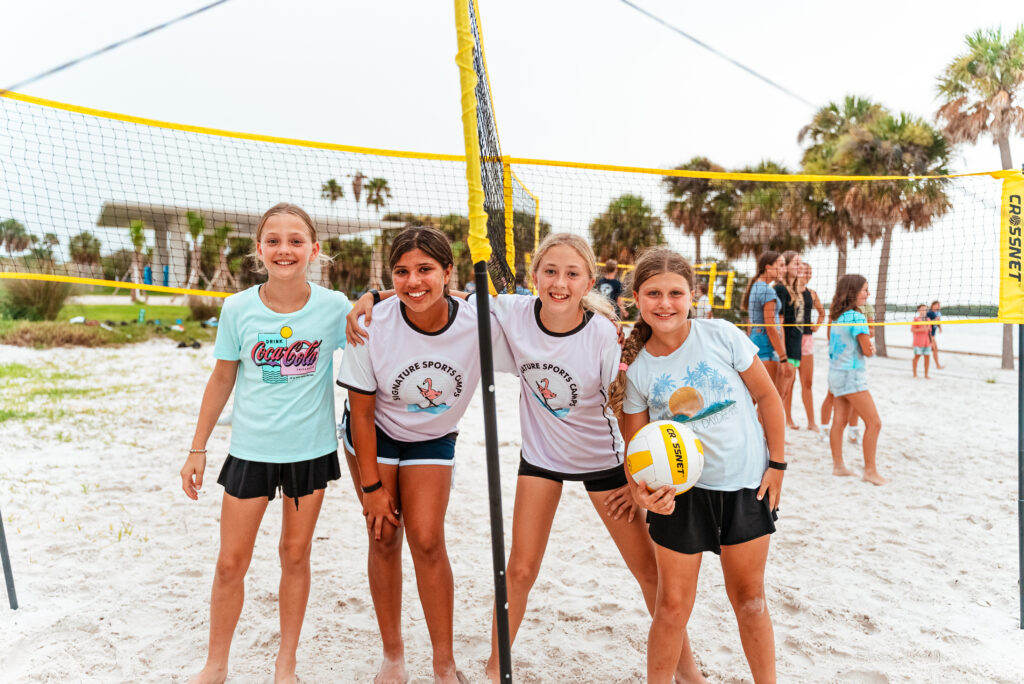For young athletes aiming to excel in their sport, what happens off the field is just as important as the drills, sprints, and scrimmages. By focusing on recovery tips for youth athletes, coaches, parents, and players can protect growing bodies from overuse, nurture mental well-being, and pave the way for consistent improvement. Pairing these habits with post-game recovery strategies for kids ensures they stay energized, focused, and ready to take on the next challenge.
Why Recovery Matters
As youth athletes push themselves physically, adequate recovery supports muscle repair, reduces the risk of injury, and restores energy levels. Beyond the physical benefits, downtime also helps young athletes maintain a positive mindset. Learning to recover properly at an early stage encourages healthy athletic habits that lead to long-term success and a sustained love for the game.
Prioritize Proper Hydration
Staying well-hydrated is a cornerstone of athletic recovery. After a game or training session, ensure young players drink plenty of water to replace lost fluids. Adding electrolytes when necessary aids in replenishing essential nutrients, especially during hot weather or intense activities. This simple step keeps muscles and joints functioning smoothly and prevents early fatigue or cramping.
Focus on Balanced Nutrition
Quality nutrition provides the building blocks for muscle repair and growth. Encourage meals rich in lean proteins, whole grains, fruits, and vegetables. Aim for a post-training snack or meal within 30-60 minutes of exercise to help restore energy and support recovery. Over time, athletes who consistently fuel their bodies well will experience increased strength, stamina, and resilience.
Embrace Quality Sleep
No training strategy is complete without proper rest. During sleep, the body releases growth hormones that aid in muscle repair and recovery. Encourage youth athletes to maintain a consistent sleep schedule, aiming for 8-10 hours each night. Quality rest improves reaction time, sharpens focus, and helps young athletes wake up refreshed and ready to perform at their best.
Gentle Stretching and Low-Impact Exercise
Light stretching and low-impact activities, such as yoga or a leisurely bike ride, help reduce muscle soreness and maintain flexibility. By incorporating gentle movement into their routine, athletes keep their bodies primed for action while avoiding overexertion. These simple recovery strategies for kids help prevent stiffness, enhance mobility, and make the next training session more comfortable.
Mental Recovery and Relaxation
Young athletes often face pressure to excel, and mental stress can build up over time. Encourage breaks from sports-focused thoughts, engaging in hobbies, spending time with friends, or practicing relaxation techniques like deep breathing. Reducing mental strain keeps athletes motivated, confident, and excited to continue developing their skills.
Incorporating Recovery Into Every Season
Recovery isn’t just about responding to tough workouts—it’s about creating a supportive environment year-round. Parents and coaches can lead by example, valuing rest and balance just as much as hard work. When youth athletes see the adults around them emphasizing recovery, they’re more likely to adopt these habits as they grow in their athletic journey.
Setting Youth Athletes Up for Long-Term Success
By focusing on recovery tips for youth athletes and prioritizing post-game recovery strategies, you invest in their future health, performance, and well-being. At Signature Sports Camps, we believe that training extends beyond the field. Our programs blend professional coaching with holistic approaches to skill-building, ensuring athletes learn to care for both body and mind. Explore our locations and discover how we help young athletes thrive today, tomorrow, and beyond.














